Survivor leads fight against FGM and child marriage in Baringo
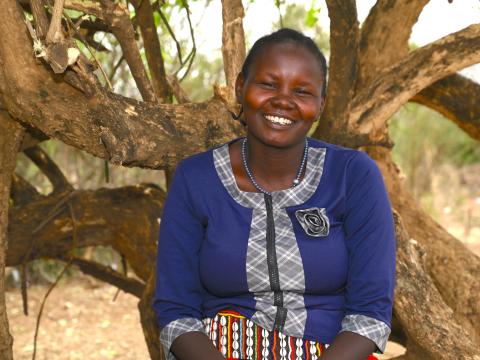
By Sarah Ooko, World Vision Senior Communications & Media Officer, Kenya
Chepundo is an avid advocate for ending Female Genital Mutilation (FGM) in her community, situated in Baringo County, Kenya.
Her determination and zeal to end the practice stems from her own lived experience with the adverse effects of this retrogressive cultural practice.
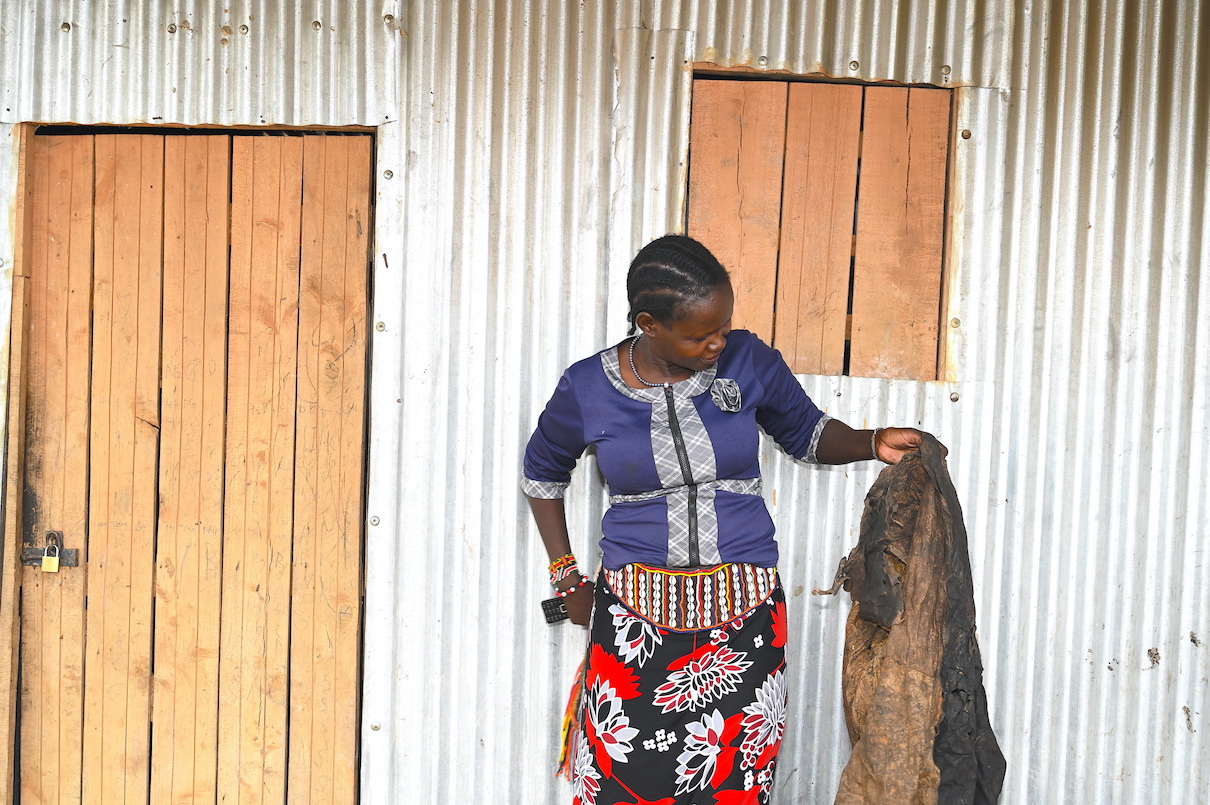
In her early teens, Chepundo succumbed to pressure from her parents, as well as the community and underwent FGM.
The aftermath was catastrophic, she bled for over a day and almost lost her life. As if that was not enough, she was later married off to a forty-year-old man shortly thereafter.
She got pregnant and faced severe birth difficulties while delivering her children and had to stop childbearing altogether due to her increased risk of complications and death as a result of FGM.
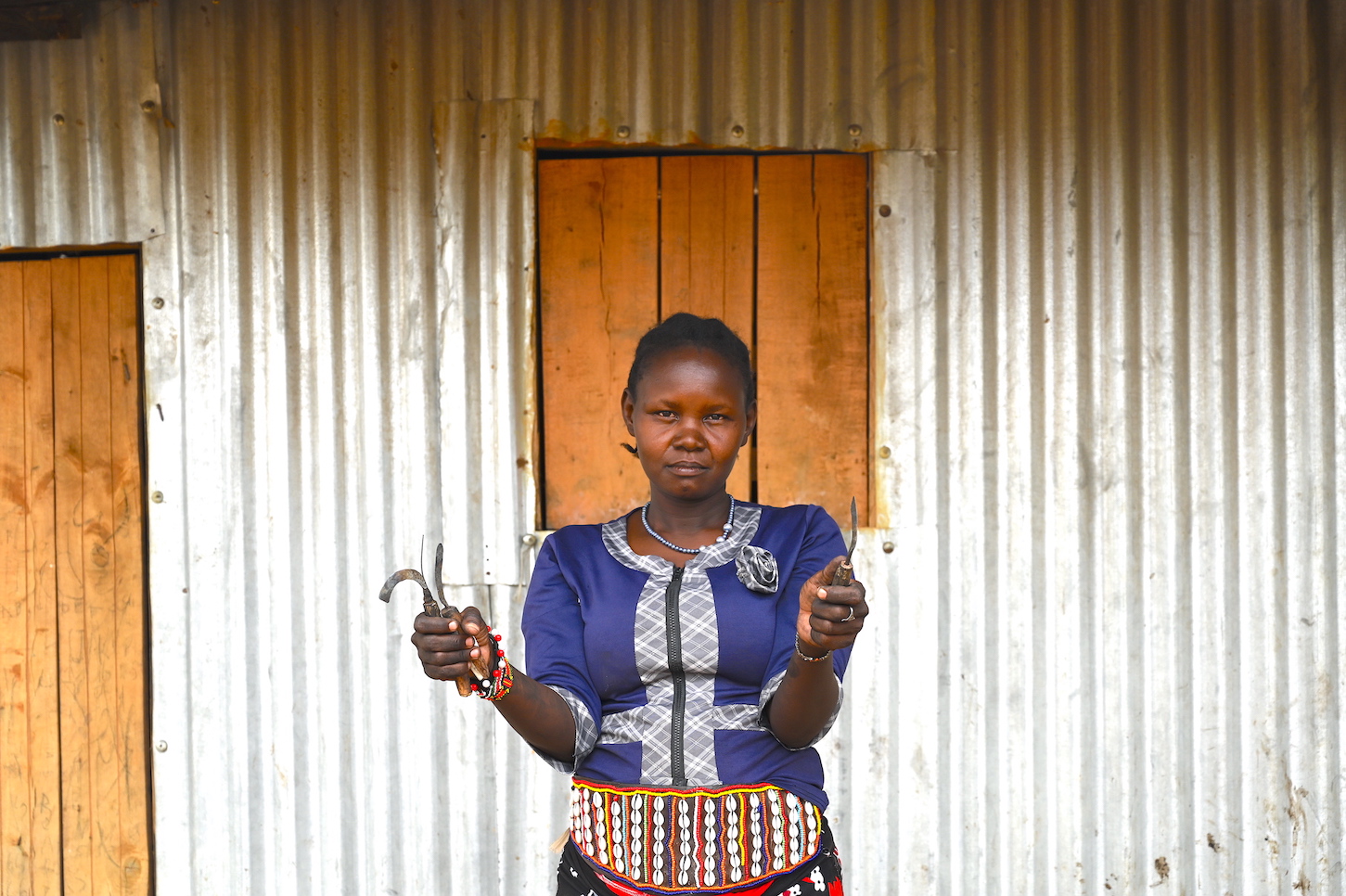
"In my culture, circumcision is seen as a good thing that prepares girls for adulthood and marriage life. You are respected and highly valued once you do it. This is because most people are oblivious of its effects," she notes.
Chepundo is keen on changing these false beliefs about FGM. Armed with the knowledge and training that she received through the World Vision's Kenya Big Dream Programme, she has been sensitising her community on the adverse effects of retrogressive cultural practices such as FGM and child marriage.
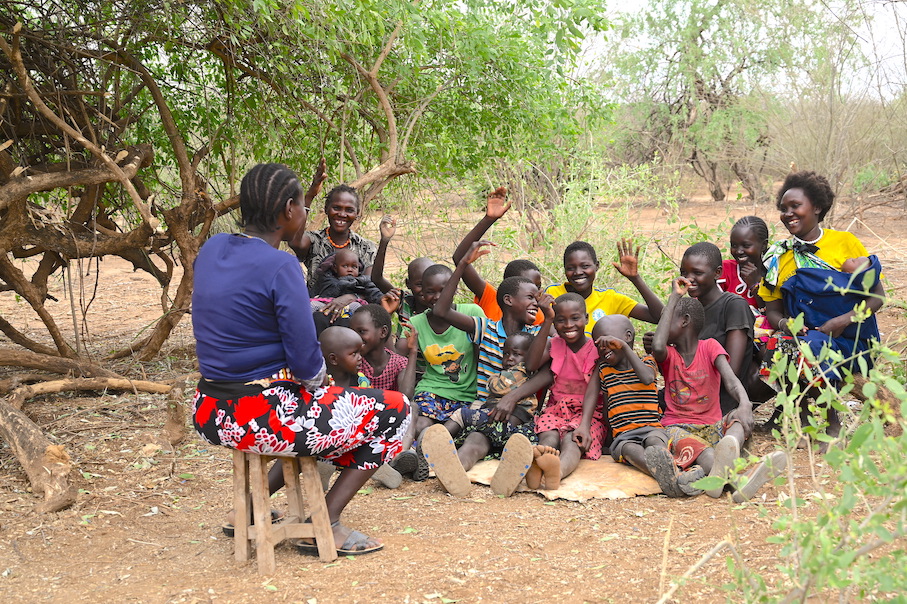
Armed with the knowledge and awareness on children's rights, Chepundo has been helping her community to understand how retrogressive cultural practices like FGM and child marriage impede on the well-being of girls and the society in general.
She notes that once girls are circumcised, they are considered 'ripe' for marriage and can no longer continue with their studies in school. This compromises their ability to get employment among other income generating opportunities that would go a long way in improving the lives of their children and families.
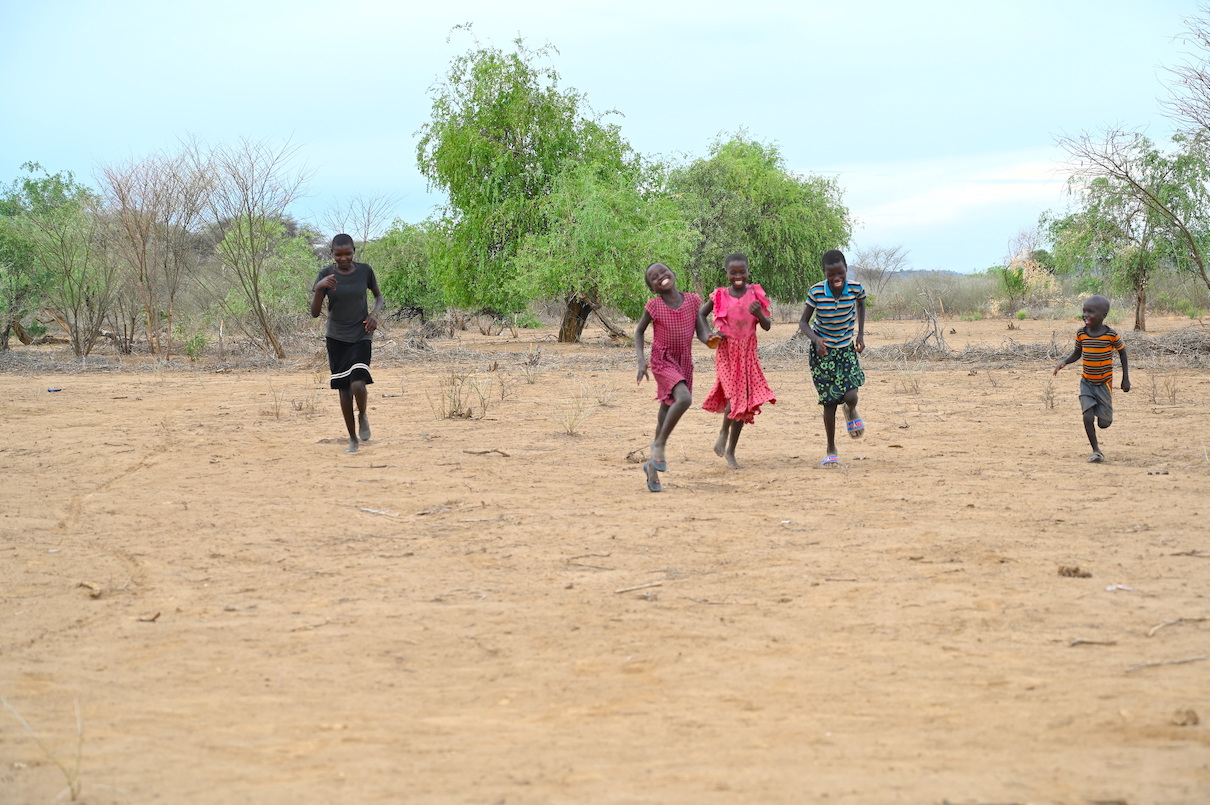
"I had just finished primary school when I went through FGM and was married off to a man thrice my age. I could no longer continue with my secondary education. And this is something that I regret to date," says Chepundo.
She adds, "I live in poverty and struggle to provide for my five children because both me and my husband are unemployed and have to rely on manual jobs that are hard to come by. Had I completed school, I would now be living a better life like other successful women and families in our society."
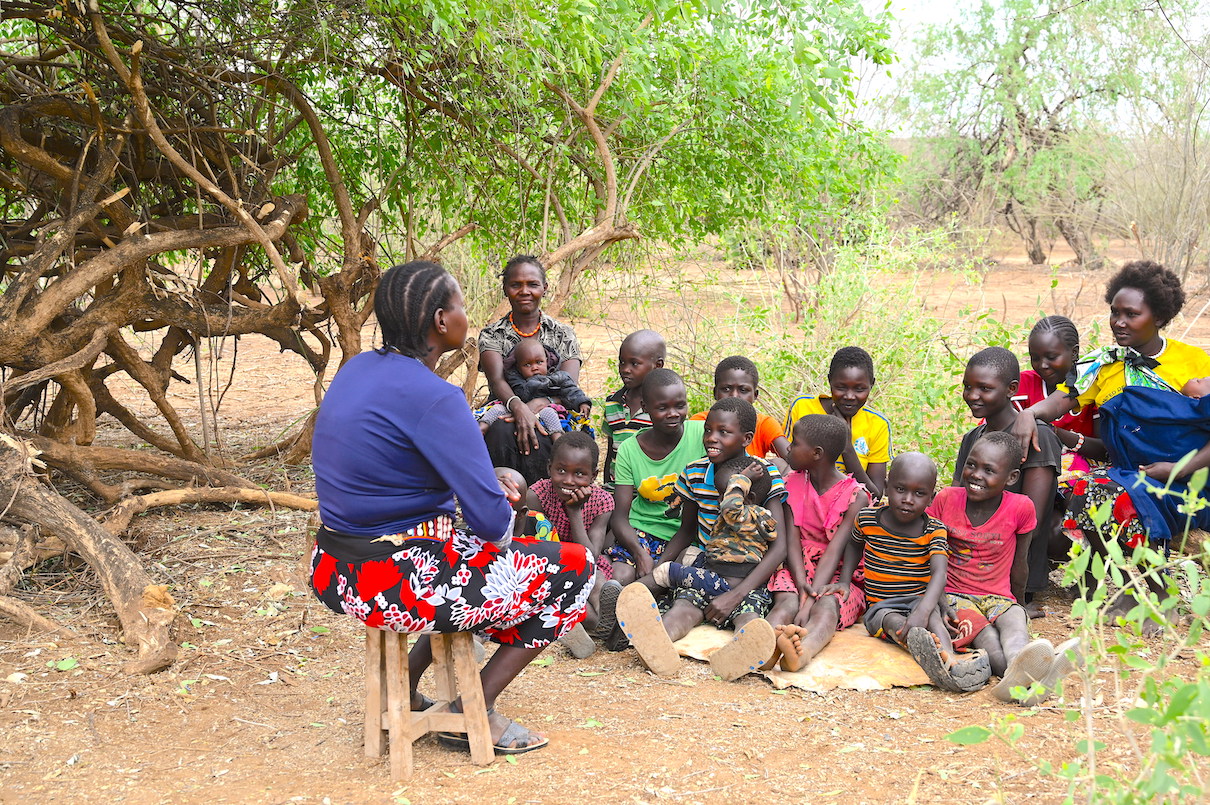
Even though Chepundo cannot turn back the wheels of time on her life experiences, she is committed to ensuring that future generations of girls in her community do not suffer the same fate.
As they say, charity begins at home. In this regard, Chepundo was able to persuade her parents to spare her siblings from the cut and allow them to complete school.
She also succeeded in turning her husband into an anti-FGM supporter. As a family, they made a vow to protect their four girls from FGM and give them a chance to enjoy prosperous lives in future.
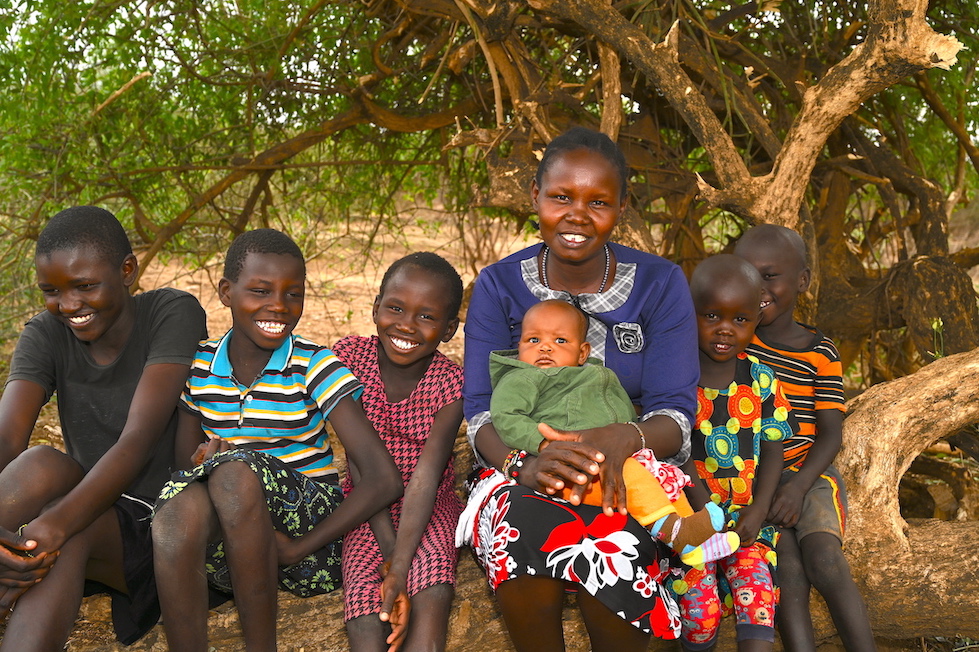
"My family members saw the health effects and suffering that I have gone through. This really helped to change their minds against FGM and child marriage," says Chepundo.
Through her advocacy work, Chepundo notes that she has discovered that personal testimonies of FGM and child marriage survivors have immense power in enabling communities to come to terms with the harrowing effects of these harmful cultural practices.
She has been a source of inspiration to many women that she has mentored and have now joined hands with her to end FGM.
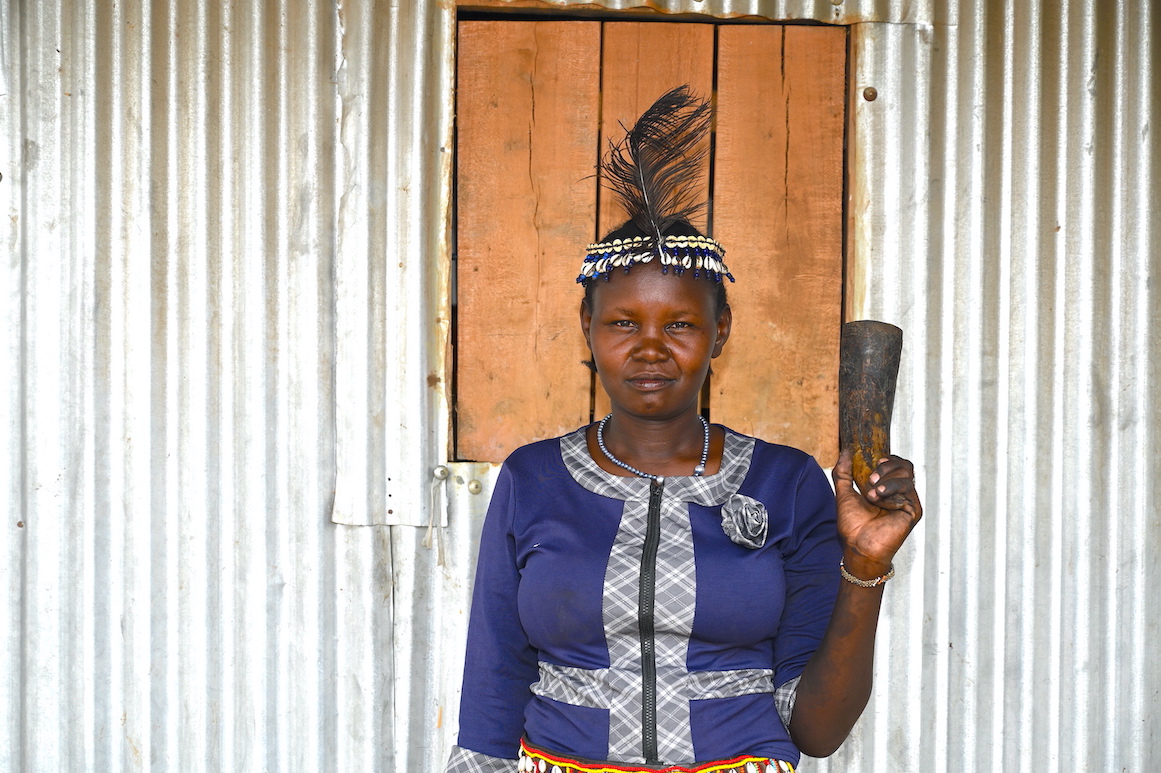
"Girls and women in this community have suffered in silence for so long. Unless we speak out, people will continue to think that FGM and child marriages are harmless and are a normal part of life. This is especially important for the men who are trained, culturally, to value circumcised women and choose them as wives when the time comes for them to get married," notes Chepundo.
Thanks to her advocacy initiatives, she is happy that cases of FGM are slowly decreasing in her community as well as health complications like HIV that are perpetuated by the practice.
"I am glad that we have also changed the mindsets of men, who were previously oblivious of the harrowing impacts of FGM to girls and women. Many of them are increasingly becoming comfortable or okay with marrying adult uncircumcised women. This has been a big boost to the FGM fight in my community," she says.
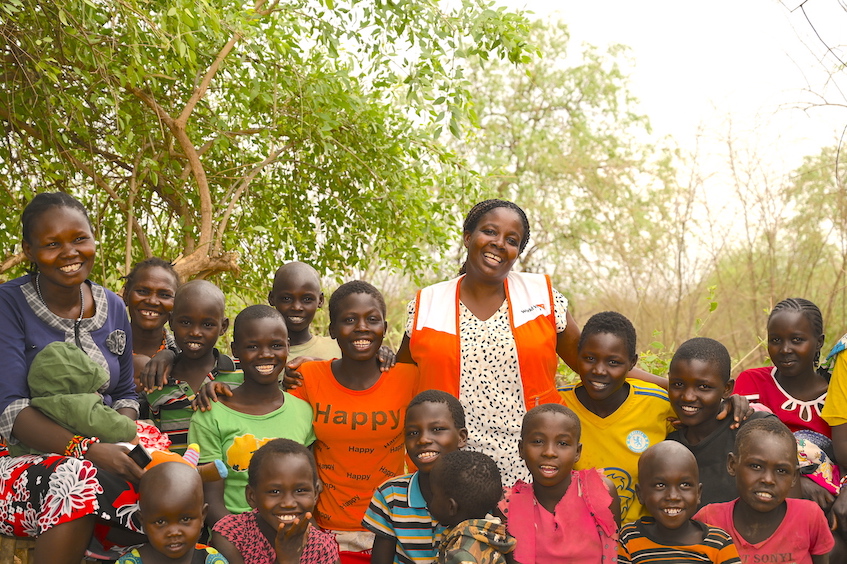
Leah Musyoka, Kenya Big Dream Project Officer in Baringo County notes that community dialogues spearheaded by FGM survivors such as Chepundo have been instrumental in changing mindsets and enabling both men and women to shun FGM and child marriage in Baringo County.
"We are also working with faith leaders and village elders to fight these harmful cultural practices as they have a lot of influence on decisions made by the community," she says.